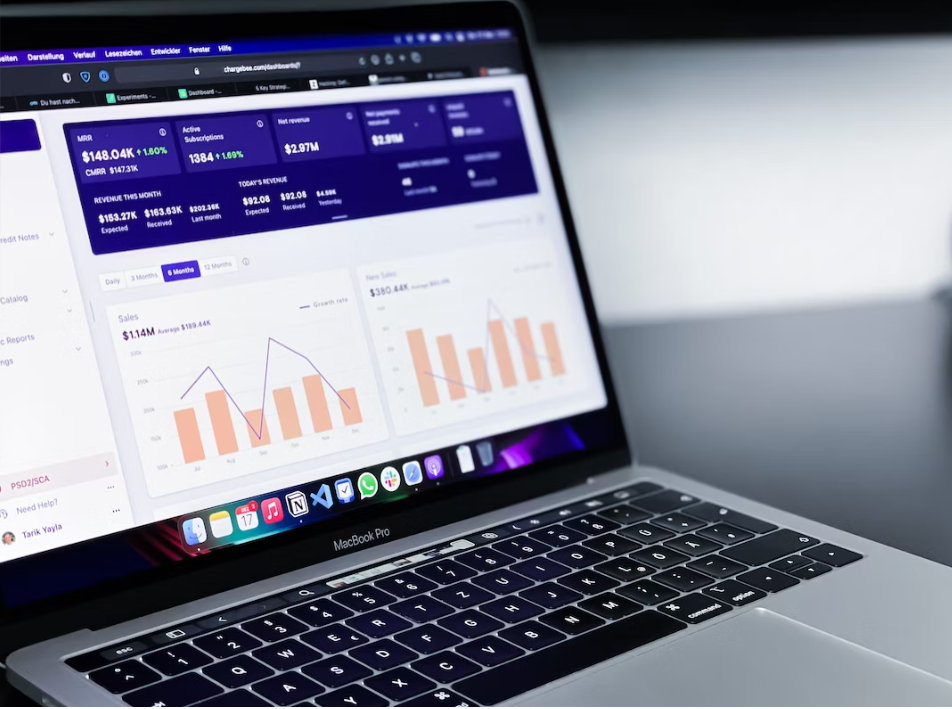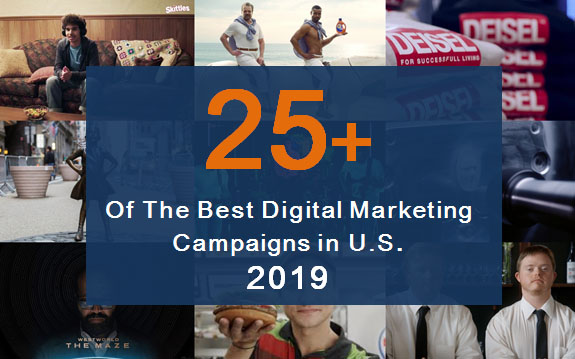How to Utilize Digital Marketing for Enhancing Citizen Engagement and Participation
Consumer Behavior | Jul 25, 2023
The digitization of nearly all aspects of life has transformed the way we communicate, work, shop, and learn. The public sector is not immune to this change. One area where the digital revolution is making a profound impact is in enhancing citizen engagement and participation.
Democracies thrive on the active involvement of citizens. In a world where digital technology is ubiquitous, public organizations have the opportunity to leverage digital marketing to amplify their outreach and engage with citizens in ways that were not possible before.
What Are Citizen Engagement and Participation?
Before we delve into the ways to use digital marketing for citizen engagement, it is crucial to differentiate between citizen engagement and citizen participation. Although these terms are often used interchangeably, there is a subtle difference. Citizen engagement is the process by which public organizations involve citizens in their decision-making. It’s about providing a platform for the public to voice their opinions, make suggestions, and give feedback.
On the other hand, citizen participation is about the public actively taking part in governmental functions and decisions. It often involves activities like voting, attending public meetings, or contributing to public consultations.
Both citizen engagement and participation are essential for a functioning democracy, and digital marketing can play a vital role in promoting them.
What Is the Role of Digital Marketing in Citizen Engagement and Participation?
Digital marketing offers a broad spectrum of strategies, techniques, and platforms that can be effectively used to enhance citizen engagement and participation. Here are some ways to harness its power:
Social Media: An Open Forum
Social media platforms like Facebook, Twitter, and Instagram have evolved from mere networking sites to influential platforms for public discourse. With billions of users across the globe, these platforms offer an unmatched opportunity for governments and public organizations to connect with citizens.
Social media can be used to broadcast important updates, solicit feedback, and promote public participation. More importantly, it fosters two-way communication, enabling real-time engagement with citizens. Live streams of public meetings, Twitter Q&A sessions, and Facebook polls are just a few examples of how social media can be leveraged for citizen engagement.
Content Marketing: A Source of Education and Awareness
Informative and engaging content is at the heart of any successful digital marketing strategy. Governments and public organizations can utilize content marketing to educate citizens, raise awareness, and inspire action.
Informative and engaging content is at the heart of any successful digital marketing strategy. Governments and public organizations can utilize content marketing to educate citizens, raise awareness, and inspire action. This could take many forms: for example, posts on the Instant Input blog that explain new policies and public services.
By providing relevant and valuable content, you not only inform citizens but also motivate them to participate in the public discourse.
Email Marketing: Personalized Outreach
Email remains a powerful tool for direct and personalized communication. Regular newsletters can provide updates on local developments, announcements, and opportunities for citizen involvement.
By segmenting your email lists based on specific criteria (like geographical area, age, or interests), you can send tailored messages that resonate with different groups of citizens. This level of personalization can boost engagement rates and foster a closer connection between public bodies and their constituents.
SEO and Local SEO: Visibility Where It Matters

In the digital world, visibility is key. This is where Search Engine Optimization (SEO), and more specifically Local SEO, comes into play. With the right SEO strategies, you can ensure that your content appears when citizens search for relevant information.
Local SEO is particularly important for local governments, as it helps citizens find relevant information about their local area. Through SEO, you can guide citizens to your content, helping them stay informed and engaged with local matters.
PPC Advertising: Instant Visibility
In the rapidly evolving digital landscape, Pay-Per-Click (PPC) advertising stands as a valuable tool for instant visibility. Unlike SEO strategies, which can take some time to yield results, PPC advertising allows for immediate exposure on search engines and social media platforms.
By bidding on keywords relevant to the services, events, or initiatives of government bodies, public organizations can display their advertisements to the most relevant audience segments, thereby effectively reaching out to citizens.
PPC campaigns can be particularly useful when there is time-sensitive information that needs to be disseminated to citizens, such as announcements about public meetings, changes in policies, or emergency alerts. Furthermore, this strategy can boost participation in specific initiatives or events.
For example, if a city council is conducting a public survey, a well-timed PPC ad can increase awareness and engagement. PPC advertising also allows governments to target their ads geographically, ensuring that they reach citizens in specific locales.
In this way, PPC not only ensures your message gets out there but also that it reaches the right people at the right time, contributing significantly to increased citizen engagement and participation.
Data Analytics: A Tool for Better Understanding
The final piece of the digital marketing puzzle is data analytics, an invaluable resource that can dramatically enhance how we understand and engage citizens. When leveraged effectively, data analytics can provide a clear view of citizen behavior, preferences, and needs, ultimately guiding and informing our strategies to stimulate further engagement and participation.
Data analytics provides a wealth of insight into how citizens interact with the digital content and initiatives produced by governments and public organizations. It can reveal which types of content resonate most with citizens, the platforms they prefer to use for communication, the times at which they’re most active online, and so much more.
This kind of information is crucial in helping governments optimize their digital marketing efforts for maximum impact. For example, if data shows that a significant portion of the community is active on social media late in the evening, governments can schedule important updates and interactive posts during these hours to maximize reach and engagement.
However, the true power of data analytics lies in its potential for predictive analysis. By analyzing past and present data, governments can forecast trends, anticipate future needs, and make proactive decisions.
For example, if data shows an increasing number of citizens engaging with environmental initiatives, it may indicate a rising interest in sustainability issues, prompting the need for more environmental policies and discussions.
By understanding these trends and acting on them, governments can stay ahead of the curve, ensuring their initiatives align with their citizens’ evolving interests and concerns. In this way, data analytics does not merely enhance understanding but drives a more dynamic, responsive, and citizen-centered approach to governance.
Conclusion
Harnessing the power of digital marketing for enhancing citizen engagement and participation marks a significant shift towards a more inclusive, accessible, and transparent democracy. By utilizing social media, content marketing, email marketing, SEO, PPC advertising, and data analytics, governments, and public organizations can effectively communicate with citizens, encourage their active involvement, and ensure their voices are heard.
The digital landscape is continually evolving, creating new opportunities and challenges. It’s essential to remain adaptable, to listen and respond to citizens’ needs, and to integrate these insights into your digital marketing strategies. Governments must also ensure they prioritize accessibility and digital inclusivity, ensuring all citizens, regardless of their digital proficiency, can participate.
In the end, the goal is to create a democratic environment where every citizen feels connected, engaged, and valued. Digital marketing provides the tools to help achieve this, fostering a stronger relationship between governments and their citizens.
As we embrace the digital era, it’s clear that a government ‘for the people’ truly becomes a government ‘with the people.’ Let’s harness the power of digital marketing to enhance citizen engagement and participation, fostering a more vibrant and dynamic democratic society.
Warning: Undefined array key "sidebar_ads" in /home/dmc/public_html/wp-content/themes/DMC/functions/helpers.php on line 824





